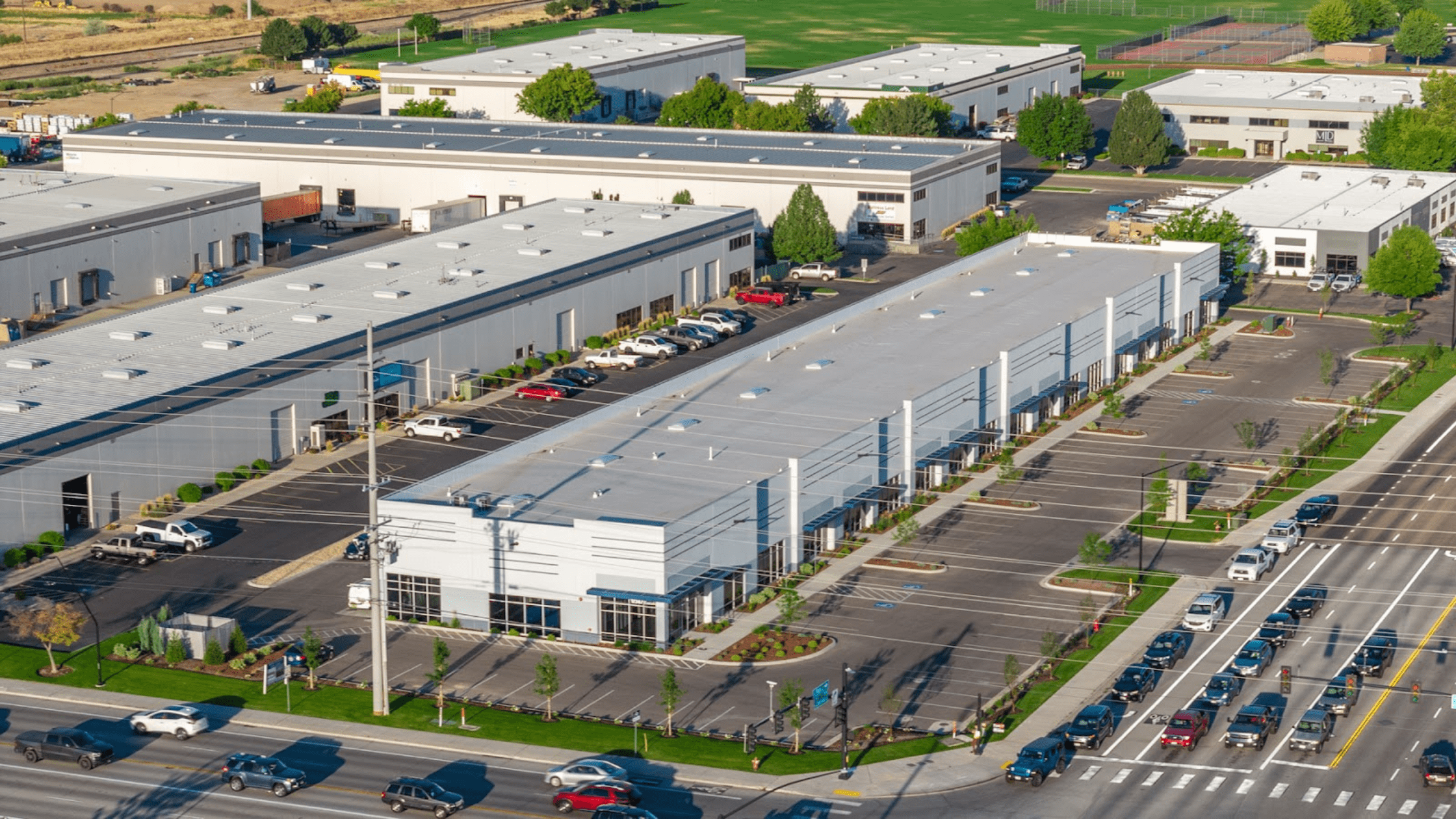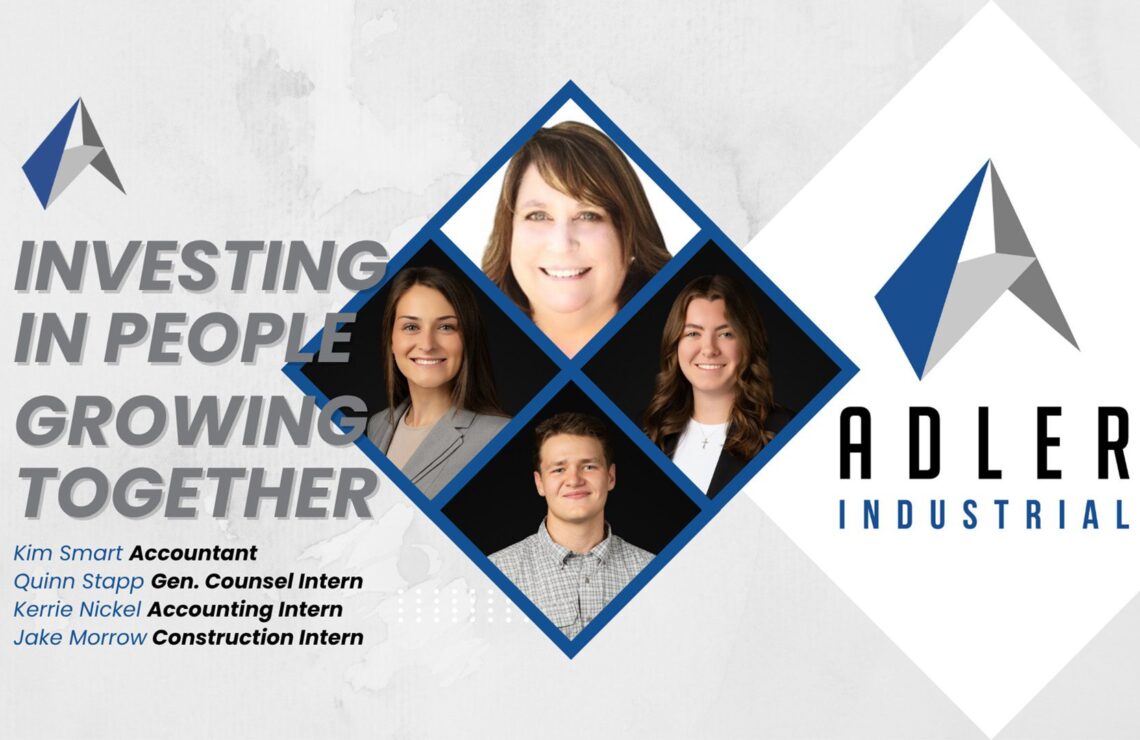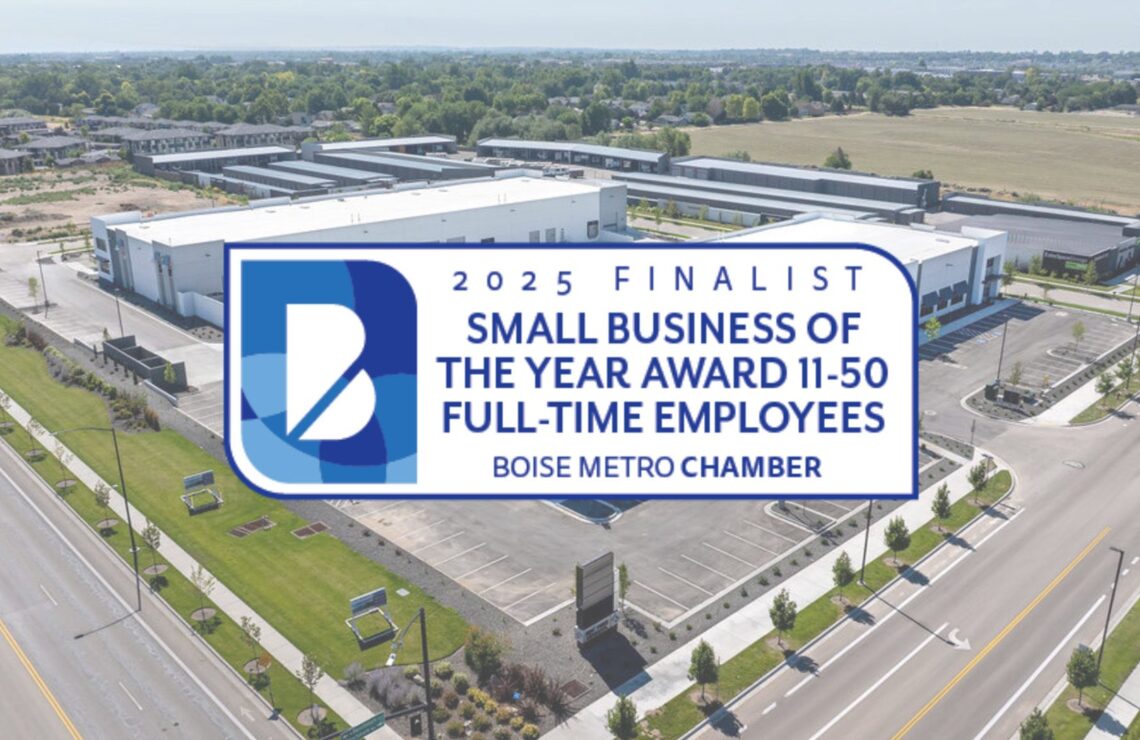Growing a business is all about making the right moves at the right time. When your current space starts feeling more like a limitation than an asset, it’s a clear signal that it’s time to explore new options. The choice between leasing and buying industrial property isn’t just a financial decision—it’s a strategic one that impacts everything from daily operations to long-term growth. With the right space, you can transform not just where you work, but how your business operates and scales. Let’s explore how each option could open doors to new opportunities and shape the future of your business with Leasing or Buying Industrial Property.
Benefits of Leasing Industrial Property
Leasing provides businesses with flexibility, allowing them to adapt quickly to changing operational needs. For companies that anticipate growth or shifts in market demands, leasing makes it easier to expand or downsize without the commitment of owning a property.
Flexibility and Scalability: Leasing offers businesses the flexibility to adapt quickly to changing operational needs. As your business grows, you may need more space for additional equipment or inventory. Conversely, if your operations contract, a lease can provide the option to downsize without the burden of selling a property. Leasing is an ideal choice for businesses that anticipate changes in their size, location, or market over time.
Lower Initial Costs: One of the primary advantages of leasing is the lower upfront investment compared to buying. Purchasing an industrial property typically requires a significant down payment, which can tie up capital that could be used for other critical business expenses, such as equipment upgrades, hiring staff, or marketing initiatives. By opting to lease, businesses can preserve cash flow and allocate funds to areas that directly support growth.
Maintenance and Repairs: Many lease agreements include provisions where the landlord is responsible for property maintenance and repairs. This can significantly reduce the operational burden on tenants, allowing businesses to focus on their core activities rather than dealing with building issues. When landlords handle maintenance, it also ensures that the property is kept in good condition, benefiting both the tenant and the owner.
Access to Prime Locations: Leasing can provide access to industrial spaces in high-demand areas that may be difficult or cost-prohibitive to purchase. Industrial properties in strategic locations, such as near major transportation hubs or urban centers, are often leased out at premium rates, but the cost is generally lower than the upfront investment required for purchase. This makes leasing an attractive option for businesses that need to be in a prime location to enhance logistics and supply chain management.
Benefits of Buying Industrial Property
Owning an industrial property allows businesses to build equity over time, creating a significant financial asset that can appreciate in value. This equity can be used as collateral for future financing needs or as an investment that benefits the company’s long-term financial health. Another benefit of buying is long-term cost stability. Unlike leasing, where rent may increase periodically, purchasing a property with a fixed-rate mortgage ensures predictable payments over time, shielding the business from rising rental costs. Owning a property also allows for customization to meet specific operational needs without requiring landlord approval. Businesses can modify the layout, install specialized equipment, or expand facilities as needed. Additionally, if the entire space is not being used, renting out unused portions of the property can generate additional income, helping to offset the costs of ownership.
Comparing Leasing vs. Buying: Key Factors to Consider
When deciding whether to lease or buy, financial considerations are a significant factor. Leasing typically requires a lower initial investment, which can be ideal for businesses with limited capital. In contrast, buying involves a higher upfront cost but can offer tax benefits like depreciation and mortgage interest deductions. Business growth plans should also play a role in the decision; companies that expect rapid growth may benefit from the flexibility of leasing, while well-established businesses might prefer the stability of ownership. Local market conditions, such as property availability and interest rates, can influence the choice as well. In a market where industrial property prices are high, leasing might be more cost-effective. However, if market conditions favor buyers, purchasing could be a smart investment. The specific operational needs of the business, including space requirements and customization needs, should also be taken into account when making this decision.
Unique Advantages of Industrial Properties for Business Operations
Industrial properties are designed to support efficient business operations, with features that facilitate warehousing, distribution, and logistics. The availability of loading docks, open floor plans, and high ceilings enables smooth supply chain management and inventory storage. Zoning benefits are another key advantage, as industrial properties are specifically zoned for activities such as manufacturing and storage, ensuring compliance with local regulations. Security is often a priority in industrial spaces, which may come equipped with gated access, surveillance systems, and reinforced structures to protect valuable equipment and inventory. Furthermore, industrial properties often offer ample room for future expansion, allowing businesses to scale up operations by adding more equipment or work areas without needing to relocate.
How To Decide Whether To Lease or Buy Industrial Property?
To determine whether leasing or buying is the right choice, conducting a financial analysis is essential. Evaluate your business’s cash flow, financial stability, and access to financing to understand what kind of investment is feasible. Consider your company’s longevity and growth forecasts, as businesses with a stable outlook may find buying more advantageous. Consulting with commercial real estate experts can provide insights into local market conditions and help make an informed decision. Exploring hybrid options, such as lease-to-own arrangements, can also be beneficial, offering the flexibility of leasing while building equity toward eventual ownership.
Adler Industrial’s Expertise in Securing the Ideal Industrial Property
Adler Industrial is a trusted partner for businesses looking to lease or buy industrial properties. With a deep understanding of the industrial real estate market, we specialize in helping clients find the perfect spaces that meet their operational needs. Whether you’re looking for a warehouse, manufacturing facility, or distribution center, our wide range of available properties ensures that we can help you find the ideal fit. Our expertise extends beyond just finding the right property—we guide you through the entire process, from understanding lease agreements to negotiating purchase terms. Visit Adler Industrial to explore our listings and get personalized assistance in finding the perfect industrial property for your business operations.
Conclusion
Choosing whether to lease or buy an industrial property is a significant decision that can affect your business’s growth and financial stability. Each option has its benefits, and the right choice will depend on your specific needs, long-term goals, and market conditions. Carefully weigh the factors, conduct a thorough financial analysis, and consider future business plans to make the best decision for your company. For expert guidance, contact Adler Industrial to help you navigate the process of finding the ideal industrial property for lease or purchase, and take the next step toward supporting your business operations.




